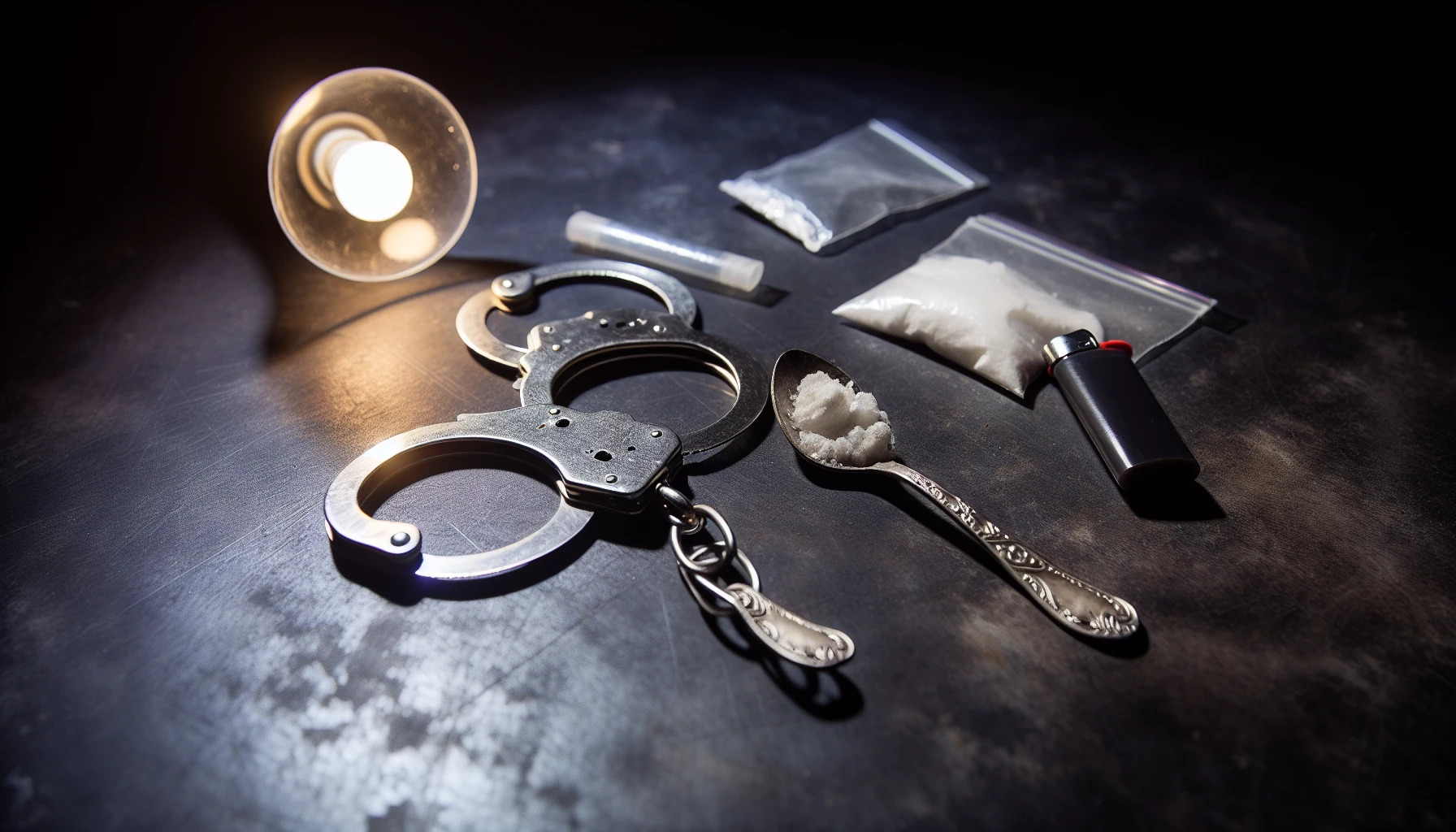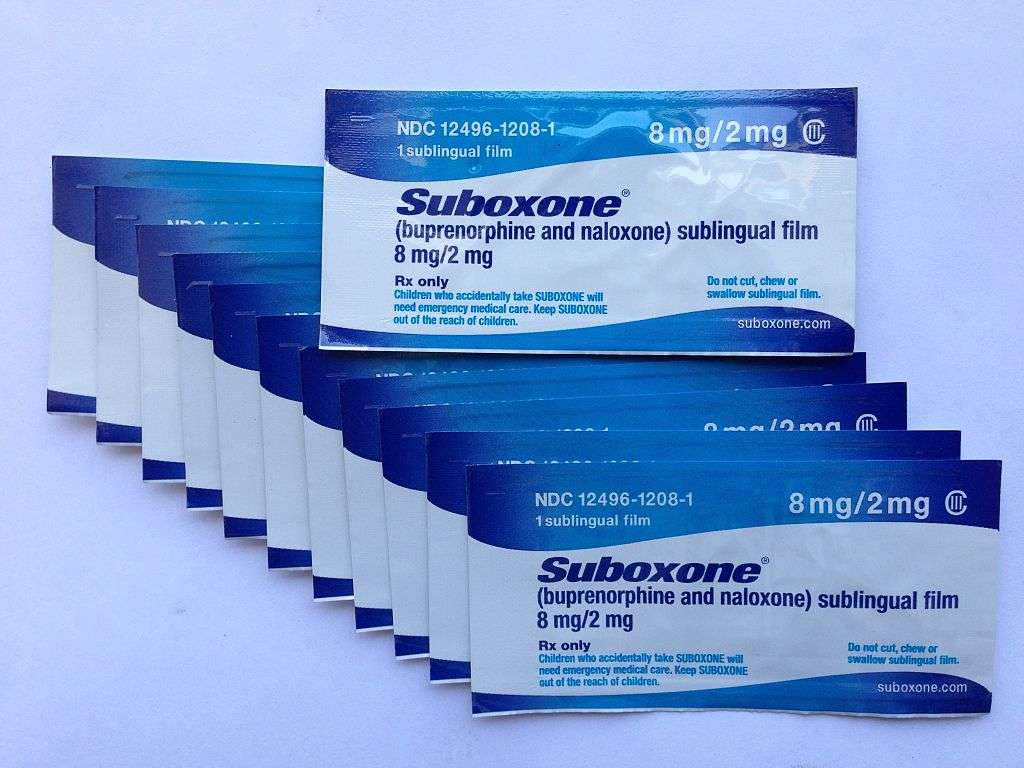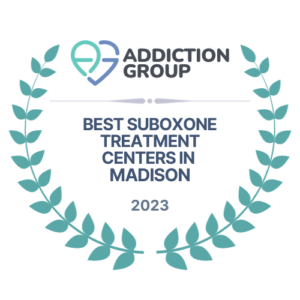Although relapse is a common challenge for those in recovery from addiction, it is possible to overcome this challenge and achieve long-term recovery. Addiction is a disease of the brain that can affect any human being and is not a sign of weakness.
According to the National Institute on Drug Abuse, between 40 and 60 percent of people who have recovered from an addiction may experience a relapse at some point. However, by implementing the right strategies and seeking support, it is possible to prevent addiction relapse and maintain a sober lifestyle.
In this article, we will provide tips and strategies to help you stay on track and avoid a relapse.
What is Addiction Relapse?
Addiction relapse refers to the return to drug or alcohol use after a period of abstinence. It is a common challenge faced by many people in recovery from addiction, and can be triggered by a variety of factors including stress, social pressure, and exposure to drugs or alcohol. Relapse can be a difficult and discouraging experience, but it is not a sign of failure. With the right support and treatment, it is possible to overcome a relapse and continue on the path to recovery.
Why Does Addiction Relapse Happen?
There are a variety of factors that can contribute to addiction relapse, and the likelihood of relapse can vary depending on the individual. Some common reasons for relapse include:
- Stress: Stressful life events, such as financial difficulties or relationship problems, can be triggers for relapse.
- Social pressure: Being around people who use drugs or alcohol, or being in environments where these substances are readily available, can increase the risk of relapse.
- Mental health issues: Unresolved mental health issues, such as depression or anxiety, can be a factor in relapse.
- Lack of support: Having a strong support system can be crucial in preventing relapse. If you don’t have a supportive network of friends and family, you may be more vulnerable to relapse.
- Lack of coping skills: If you don’t have healthy coping skills to manage stress and other difficult emotions, you may be more likely to relapse.
- Negative emotions: Emotions such as anger, sadness, or boredom can be triggers for relapse.
- Physical cravings: Physical cravings for drugs or alcohol can be a trigger for relapse.
- Environmental cues: Seeing or being in a place where you used to use drugs or alcohol can be a trigger for relapse.
Relapse can happen at any time during the recovery process, and it’s important to be aware of potential triggers and have a plan in place to prevent it. By seeking support, developing healthy coping skills, and being proactive in your recovery journey, you can increase your chances of success and maintain long-term sobriety.
14 Tips to Prevent Addiction Relapse
Here are some tips to prevent addiction relapse:
1. Seek professional help
To prevent relapse, it is recommended to seek professional help from a therapist or counselor. They can provide you with the tools and support necessary to develop coping strategies, identify potential triggers for relapse, and address any underlying mental health issues that may be contributing to your addiction. Working with a professional can greatly improve your chances of maintaining long-term recovery and avoiding a relapse.
2. Build a strong support system
One way to prevent addiction relapse is to build a strong support system of friends and family members who can provide emotional and practical support as you navigate your recovery journey. Joining a support group or finding a sponsor can also be helpful in providing guidance and encouragement as you work towards maintaining long-term recovery. Surrounding yourself with positive influences can be a powerful tool in helping you stay on track and avoid a relapse.
3. Practice self-care
Self-care is crucial for maintaining recovery from addiction. This includes getting sufficient rest, eating a healthy diet, and engaging in activities that support physical and mental well-being. Take care of yourself, so you can better manage the challenges of recovery.
4. Stay active
Incorporating physical activity into your routine can help reduce stress and improve your overall sense of well-being. There are many ways to incorporate exercise into your life, such as joining a sports team, going for daily walks, or participating in activities that you enjoy. Stay active so you can improve your physical and mental health, which can be beneficial for your recovery.
5. Learn how to manage stress
Stress can be a significant trigger for addiction relapse, so it’s essential to find healthy ways to cope with it. Some strategies for managing stress may include practicing relaxation techniques like deep breathing or meditation, or finding healthy outlets such as exercise or creative expression. Find healthy ways to cope with stress, you can improve your chances of maintaining long-term recovery and avoiding a relapse.
6. Avoid high-risk situations
To prevent relapse, it is essential to be aware of situations that may increase the risk of a relapse. This may include being around people who use drugs or alcohol, or being in places where these substances are readily available. Try to be mindful of potential triggers and avoid high-risk situations for the betterment of your recovery.
7. Find a healthy outlet for your emotions
During the recovery process, it is common for individuals to experience a range of emotions such as anger, sadness, and anxiety. To effectively manage these emotions, it is essential to find healthy ways to cope, rather than turning to drugs or alcohol as a means of coping. Some strategies for managing emotions may include participating in activities like journaling, painting, or practicing mindfulness. By finding healthy ways to cope with your emotions, you can increase your chances of maintaining sobriety and avoiding relapse.
8. Seek out sober activities
Participating in sober activities can help you build a meaningful and fulfilling life in recovery. Some options for sober activities may include volunteering, joining a club or organization, or finding a hobby that you enjoy. By engaging in these activities, you can create a positive and fulfilling lifestyle that supports your recovery and helps you avoid relapse.
9. Practice gratitude
To maintain a positive outlook and stay motivated in recovery, try practicing gratitude by making a list of things you are grateful for each day. When you are feeling low or tempted to use drugs or alcohol, remind yourself of these things to help boost your mood and refocus your mindset on your recovery. Focusing on gratitude can be a powerful tool in supporting your recovery journey and helping you avoid relapse.
10. Seek spiritual fulfillment
Some individuals may find spiritual fulfillment to be a crucial part of their recovery journey. Engaging in activities such as participating in a religious or spiritual community, practicing mindfulness, or participating in activities that allow them to connect with a higher power may help them find greater meaning and purpose in their lives. This can be an important aspect of their recovery and overall well-being.
11. Take breaks from technology
To give yourself time to relax and recharge, it’s essential to take breaks from technology and unplug from your devices. Set aside specific times each day to disconnect and engage in activities that nourish your body and mind, such as meditation or yoga. Taking breaks from technology can be a beneficial way to manage stress.
12. Have a plan in place
If you find yourself in a high-risk situation or feel the urge to use drugs or alcohol, it’s essential to have a plan in place to help you stay on track. This may involve reaching out to a supportive friend or family member, attending a support group meeting, or seeking professional help. Having a plan in place can provide you with the support and resources you need to overcome any challenges and maintain your progress in recovery.
13. Seek additional treatment if necessary
If you have a history of addiction and are at a high risk of relapse, you may benefit from additional treatment options such as inpatient rehab or medication-assisted treatment. These forms of treatment can provide additional support and resources to help you overcome the challenges of addiction and maintain recovery. Consider exploring these options if you feel that you need additional support to prevent a relapse.
14. Take it one day at a time
Recovery is a process, and it’s essential to stay focused on the present and not get overwhelmed by the future. Rather than trying to solve all of your problems at once, try to take things one day at a time and celebrate your small victories along the way. By focusing on the present and celebrating your progress, you can stay motivated and stay on track towards a healthy and fulfilling life.
Conclusion
To maintain long-term recovery and prevent addiction relapse, it’s important to be committed and proactive in seeking help and support. With the right strategies and a strong support system, it is possible to overcome the challenges of addiction and live a healthy, sober life. If you find yourself struggling with the temptation to use or are at risk of a relapse, don’t hesitate to seek help. Asking for help is a sign of strength, and seeking additional support is an important step towards maintaining your recovery.
Interested to learn more? Read more related articles: Early Signs of Drug Addiction in Adults
Contact National Addiction Specialists For Your Suboxone Treatment!
National Addiction Specialists is here to help and support you if you are struggling with opioid addiction.
You can use your phone, tablet, or computer to chat and speak with a doctor in the comfort of your own home. You’ll receive your individualized treatment plan and continue to receive telemedicine care up until you reach full recovery.
Get in touch with us to start taking steps to beat your opioid addiction.
References:
https://www.webmd.com/mental-health/addiction/addiction-what-to-know-about-relapse
https://www.webmd.com/connect-to-care/addiction-treatment-recovery/what-is-a-relapse-prevention-plan
https://www.healthline.com/health/opioid-withdrawal/relapse-prevention-plan
https://rehabs.com/relapse-prevention/














